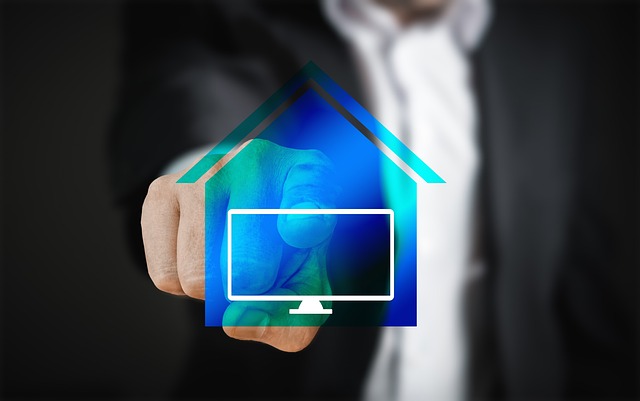The advent of smart home technology has ushered in a new era of convenience and efficiency for homeowners. What was once the stuff of science fiction is now a reality, as our homes become more intelligent and interconnected than ever before.
In this article, we’ll explore how smart home technology is revolutionizing our daily lives, from automating routine tasks to enhancing security, improving energy efficiency, and shaping the sustainable homes of the future.

Smart Home Automation
Smart home automation is at the core of this technological revolution. It simplifies daily routines by automating repetitive tasks, making life more convenient and efficient. Picture this: your morning alarm goes off, and as you wake up, your smart home system simultaneously adjusts the thermostat to your preferred temperature, starts brewing your coffee, and opens the blinds to let in natural light. These are just a few examples of how automation can streamline your day, giving you more time for what truly matters.
Improving Security and Safety
One of the most significant benefits of smart home technology is the enhancement of security and safety. Smart security systems offer a comprehensive solution to protect your home, with features such as video doorbells, motion sensors, and smart locks. These systems provide real-time alerts and remote access, allowing you to monitor your home’s security even when you’re miles away.
Moreover, smart home technology extends to safety measures like fire and carbon monoxide detection. Smart detectors can instantly alert you to potential hazards and automatically trigger alarms or notifications, potentially saving lives and property.
Energy Efficiency and Sustainability
Smart home technology also contributes to a greener future by improving energy efficiency. Smart thermostats, for example, learn your heating and cooling preferences and adjust settings to optimize energy consumption. This not only reduces your utility bills but also lessens your carbon footprint. The environmental impact of smart home technology extends beyond energy management, with the potential to conserve resources and reduce waste.
As we mention these advancements, it’s interesting to reflect on the contrast between today’s smart homes and the analog homes of the past. Manual light switches, traditional keys, and door knobs are gradually being replaced by smart counterparts that offer greater convenience, security, and control. Even old S-VHS tapes, once a staple of home entertainment, are being transformed as people seek to convert VHS tapes into digital formats, preserving memories and making them easily accessible in our modern, interconnected world.
The Future of Smart Homes
Looking ahead, the future of smart homes holds exciting prospects. Emerging trends and technologies in the smart home industry include enhanced artificial intelligence integration, voice-controlled systems, and even more energy-efficient solutions. These innovations promise to make our homes even smarter, offering a seamless and interconnected living experience.
Yet, with these advancements come challenges and opportunities. As smart homes become more prevalent, ensuring data security and privacy will be a paramount concern. Additionally, making these technologies accessible and affordable to a wider population will be crucial for a more inclusive future.
Smart home technology has fundamentally changed the way we live, making our lives more convenient, secure, and environmentally responsible. As we look back on the days of analog homes, it’s evident that the transformation is profound. Embracing digital technologies exemplifies how we adapt to a more interconnected and sustainable future. While challenges remain on the horizon, the potential benefits of smart homes are too significant to ignore, and they continue to shape the way we envision our homes and our lives.
Find even more great technology related articles in our technology archives.
More articles you may enjoy:






